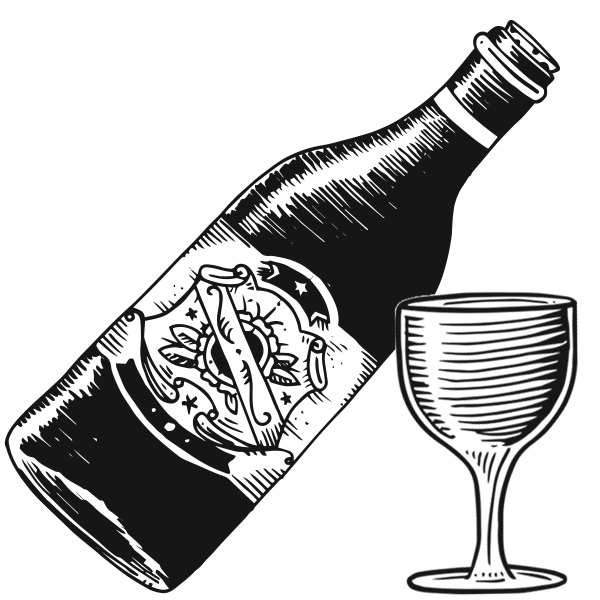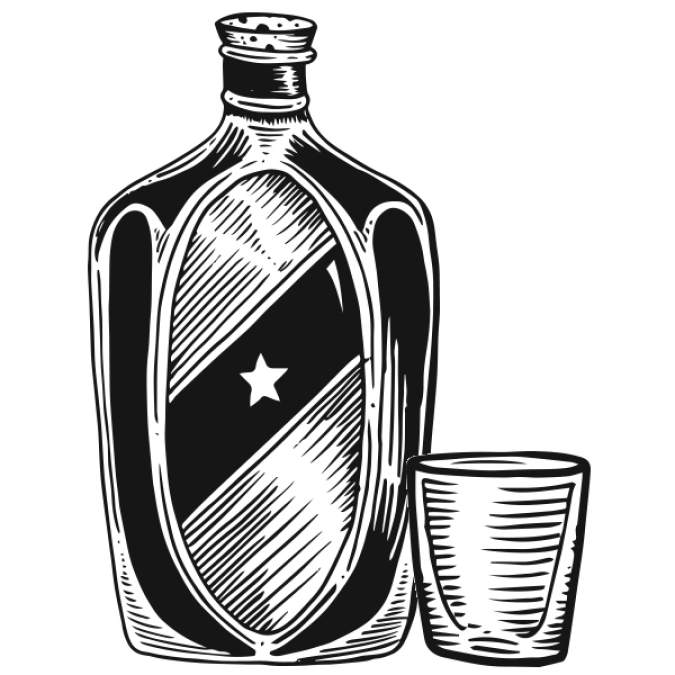Cheap wine is the drinking equivalent of fast food. If you turn your nose up at McDonald’s or Taco Bell, it’s time for you to reconsider that $4 bottle of wine. Let’s talk about why it’s less of a bargain than you think.
•
You get what you pay for.
It’s easy to forget, but wine is first and foremost an agricultural product. To be able to sell a wine priced in the single digits, producers have to take at least a few of any number of shortcuts. They might grow vast amounts of grapes in more fertile soil, which leads to huge yields but limited quality. They often use fertilizers and pesticides to boost yields as well; if you never buy conventionally farmed produce, you should think about what exactly goes into making that $5 bottle of wine. Spoiler alert: It’s often the same farming practices you’d decry in tomatoes or spinach.
• Your bargain wine also probably comes from a developing nation.
So maybe you feel that you’re supporting struggling growers. Sadly, that’s rarely the case. Again, to make wine that cheaply requires large companies to use either extremely inexpensive labor or mechanized harvesters over massive swaths of land. The only people making money off that bottle are the winery owners and the retailer.
• Your bargain wine is probably ruining your palate. OK, this is where my unabashed wine snob is going to come out, but so be it. Part of the beauty of wine is its complexity, its range and depth of flavors, and the sense that it is a reflection of a specific place in a specific year—individual characteristics evident in a finished wine. Wines that cost a few dollars have none of that nuance: it’s akin to a McDonald’s hamburger as compared to a handmade one. Great wine is a product of conscious winemaking and grape-growing choices, the qualities of a specific plot of land, and the vagaries of nature—not generic and nondescript alcoholic grape juice produced in lake-size quantities.
But I get it. Good wine is expensive, and I’m not advocating that you spend tons of cash on your everyday wine—especially since there’s a lot of interesting and relatively inexpensive wine available in Seattle from places like Spain, France, Portugal, and Greece. It might cost you more than $5, but it’s often less than $15. If that’s more than you can or will spend on wine, so be it—but own up to the facts about why that wine can be made so cheaply. It’s not a magic trick, and throwing a cute label on it and stocking it at Trader Joe’s doesn’t make all those questionable agricultural practices disappear.
thebarcode@seattleweekly.com







